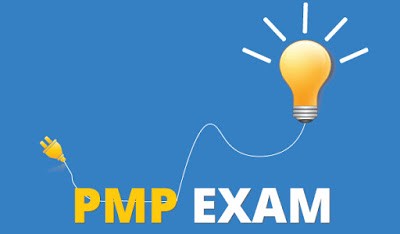
What is PMP certification?
Project Management Professional is a highly recognized certification which helps in accelerating your career and also gives you an edge in competition. It is an important certificate for project managers.
Benefits of PMP certification
PMP course and training in New York NY showcases your project management knowledge and your professional experiences at a global level. It helps you get a high pay. It increases your credibility. It also holds a high market value. It helps you get more opportunities, promotion and recognition.
Eligibility criteria for PMP exam
A 4-year degree with minimum 3 years of professional Project Management experience.4500 hours spent in leading and directing projects. 35 hours of Project Management Education.
OR
A secondary degree with minimum 5 years of professional Project Management experience.7500 hours of leading and directing projects. 35 hours of Project Management Education.
Structure of the PMP exam
There will be 200 multiple choice questions which you will have to attempt within 4 hours. Out of these 200 questions, 25 are pretest questions and the rest 175 are scored questions.
Types of questions to expect in PMP exam
Situational questions-60%
Formula based questions-15%
Knowledge based questions-15%
Others -10%
How to prepare for the PMP exam
- Plan: The first and foremost tip to crack the PMP exam is to have a plan. Set goals and plan how to achieve that goal. You need to have a clear mindset on what you want and then act accordingly. Now, think about the time, how much time you will be able to devote for your preparation on a daily basis. Prepare a timetable. Next, divide the syllabus into small units and cover them one by one within your set timeline. However, be aware of the fact that planning automatically does not ensure that you will clear the exam. You need to follow your plan diligently.
- Master the official guide: A guide to the Project Management Body of knowledge is published by PMI. This guide will help you with conceptual knowledge which will help you clear the exam. Revise the book twice before appearing for the test.
- Refer to other guides: The other guides available in the market can also be very useful as PMBOK focuses more on theory of facts and does not cover many other topics which appear on the exam.
- Practice questions: Practice variety of questions. There are different types of questions- short and direct, lengthy, formula based, scenario based, etc. Solving practice questions will help you identify all the different kinds of question. Just reading the theory will not help therefore practice practical questions.
- Write Mock tests: The PMP exam is 4 hours long and you need to answer 200 questions of different difficulty levels. So, you should write practice tests to get an overall idea of how the exam will take place. Practice many mock tests and record your scores after each test. Ask yourself. If you’re taking too long to answer? Are you able to complete the test within 4 hours? Which questions are giving you a hard time? You’ll see yourself progressing after each test.
- Time management: It’s important to manage your time during preparation of the exam as well as when appearing in the exam. This exam requires a lot of studying and taking mock tests but keep in mind you need some free time for yourself. Don’t sit straight for hours but take small breaks and relax.
While taking the exam, remember to give equal time to every question. If you leave out 30-40 questions it will be too difficult for you to pass. The maximum time to spend on a question should not be more than 90 seconds. If you are unable to complete that question within this time, mark it and move on to the next question. Complete the easy questions first and then go back to the difficult ones.
Keep your mind calm: Its completely normal to feel a bit nervous before a test but you need to keep in mind that you have prepared well. Have confidence in yourself. Get a good night’s sleep. Eat healthy breakfast before the test. Read all the instructions carefully and read the questions thoroughly. Mark the difficult ones. After going through the questions just dive in to answering them. Check your watch regularly and focus on calm breathing and positive thoughts.





